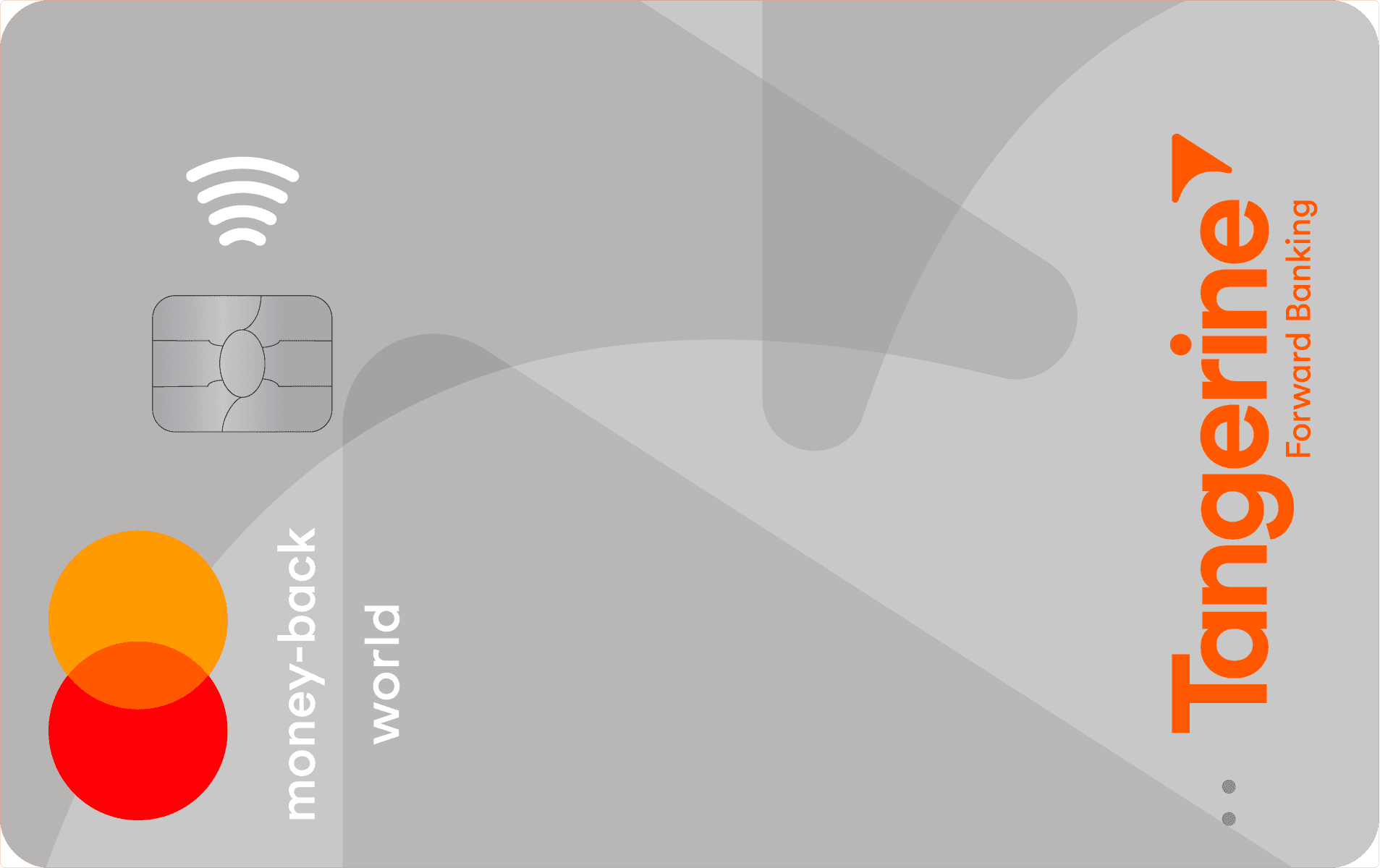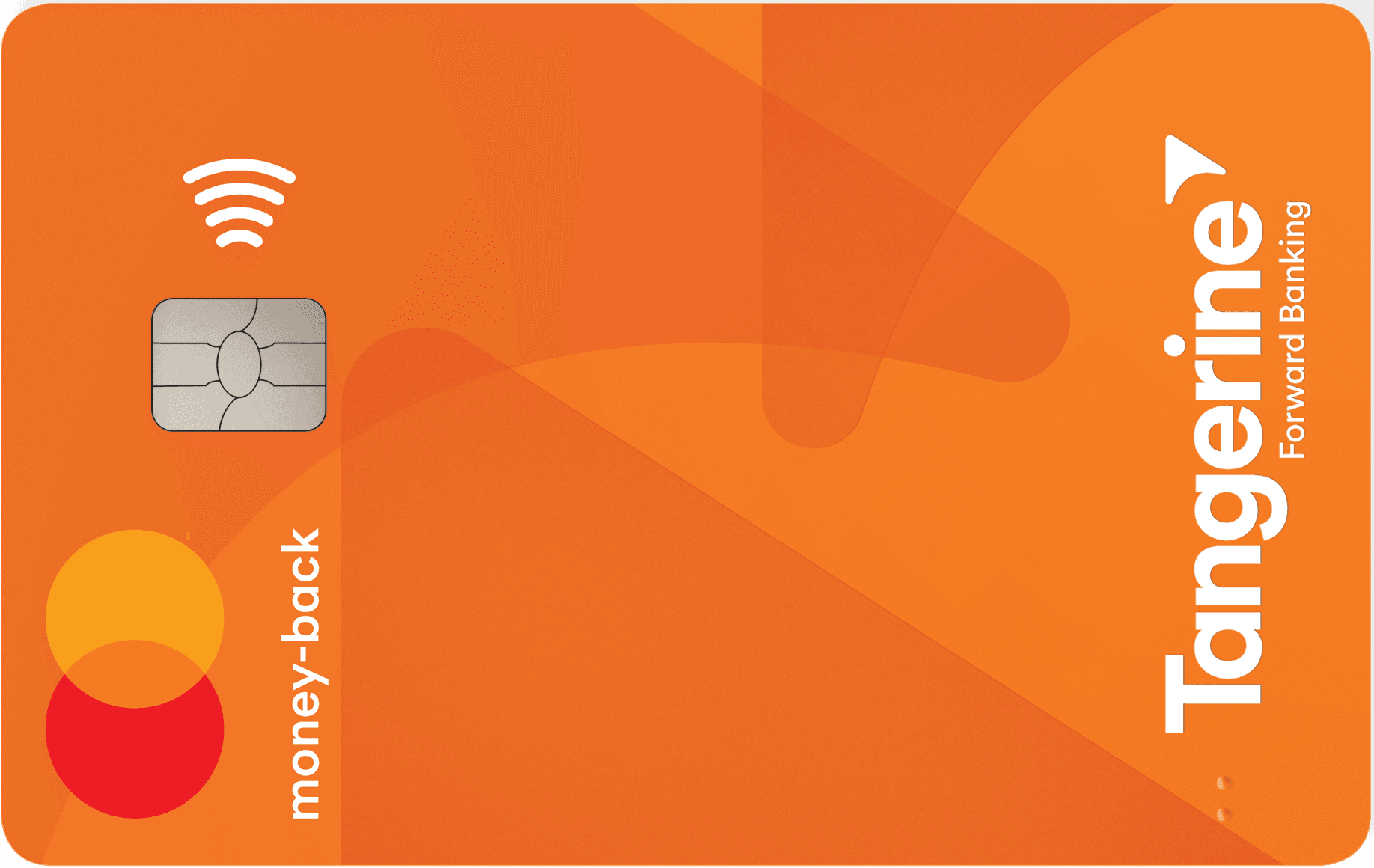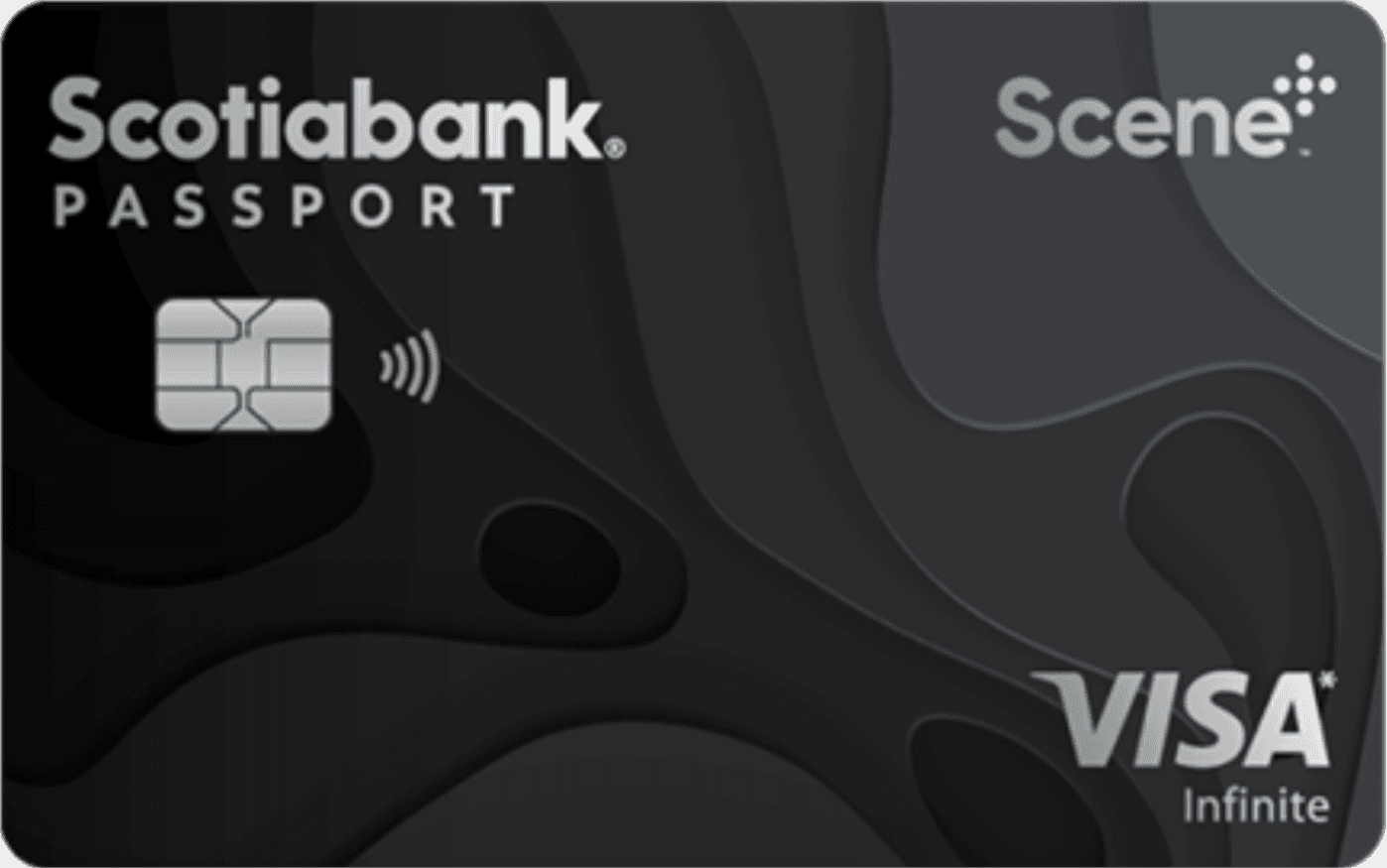Working hard in the background...
What are Credit Bureaus In Canada
Published Dec 2, 2025 3:19 PM • 5 min read
Credit bureaus collect your credit information and history to compile a credit report that financial institutions, credit card companies, and landlords can check up on to decide whether or not to onboard you with their business, services, or accommodations. The two main credit bureaus in Canada are Equifax and TransUnion.
Think of your credit report like a report card from school, except this report takes all of your personal and financial information into account.
To learn more about both of the credit bureaus in Canada, how they work, and credit reports in general, check out this informative blog post.
The Two Credit Bureaus in Canada
Currently, there are two credit bureaus in Canada, Equifax and TransUnion.
Each company has their own process for collecting, storing and sharing your credit information. For example, their scoring models, reported information, and reporting timelines may differ slightly, but ultimately both bureaus consider financial fundamentals like whether your credit card account is in good standing and your overall payment history.
How Credit Bureaus Work
As mentioned, there may be some variation between how each credit bureau works, but generally, credit bureaus tend to collect the following information from creditors and lenders:
- Personal information: such as your name, birthdate, SIN (optional), driver’s licence number, passport number, etc.
- Credit account information: credit card or loan information as provided by banks or credit unions.
- Inquiry Information: whether a lender or financial institution checks your credit score.
- Credit utilization: how much of your credit you’re using in relation to your credit limit, this calculates a credit utilization ratio.
- Payment history: whether you make your credit card payments on time.
After this information is collected, each credit bureau will compile your credit report which will then calculate your credit score. Some lenders and creditors report insights to both credit bureaus, whereas others may only report to one bureau, or neither.
Your credit report is essentially a summary of your credit history, whereas your credit score rates your creditworthiness on a numerical scale based on your credit report.
After the credit bureaus collect and file away all of this useful information, third party companies and institutions may inquire about your credit report and score to decide things like whether or not you’re a good match for a specific credit card, whether or not you’d be a good tenant for a rental agreement, or whether or not you can be trusted with a loan.
Who Reports to the Credit Bureaus?
We touched upon this briefly in the previous section, but let’s breakdown some examples of who those creditors and lenders that are reporting your financial business to the credit bureaus may be:
- Banks and credit unions: may report financial insights like credit card usages, loans, lines of credit, etc.
- Retailers that issue store-specific credit cards: may report your payment history.
- Credit card issuers and networks: may report credit card activity and management.
- Mortgage lenders: may report information on how you’re managing your loans.
- Student loan servicers (e.g., the National Student Loans Service Centre or provincial student loan organizations)
- Car loan or lease financiers
- Cell phone or utility providers (often only if they send unpaid balances to collections, though some may report positive history in certain cases)
- Collections agencies (any unpaid or delinquent accounts they purchase or service)
How to Access Your Credit Report and Credit Score
To make sure your credit report is in good standing, it’s always a good idea to check up on it every so often for yourself. You can stay updated with credit monitoring services that notify you whether anything has changed in your credit report.
Since lenders and creditors may report your financial history to either credit bureau, it’s a good idea to look at both bureaus’ records when doing a thorough review of your credit report.
Note that by law, consumers have the right to access their credit report once a year for free.
Here’s how you can access these insights through each Canadian credit bureau:
Accessing Your Credit Report and Credit Score Through Equifax
The easiest way to request your credit report through Equifax is online through their official website, but you can also make your request by phone, by mail, or in person. Equifax supplies customers with Equifax Consumer Services, which offers a free copy of both their credit report and credit score each year.
Typically, your Equifax credit file is updated once a month. You can also pay a monthly fee for full credit monitoring and constant updates on your credit report and credit score.
Accessing Your Credit Report and Credit Score Through TransUnion
At TransUnion, your credit file is accessible online, by phone, by mail, or in person once a year for free, but your credit score is only accessible through credit monitoring services, which are available for a monthly fee. TransUnion typically updates your credit report once a month depending on when they receive new information from lenders.
Accessing Your Credit Score Through Your Bank
Thankfully, there’s another way to check your credit score based on the credit reports provided by Equifax and TransUnion.
Some banks (like CIBC, BMO, RBC, or Scotiabank), allow you to access your credit score through your bank account for free. Whether this score is based off of your credit report from Equifax or TransUnion depends entirely on the institution.
What Happens if You Find an Error on Your Credit Report?
If you happen to find an error on your credit report, dispute the error with the corresponding credit bureau. Disputes can be filed online, over the phone, by mail, or by fax. You’ll also want to report whether or not you believe the error is the result of fraud or identity theft.
When to Check Your Credit Report
As a general rule, try to review your credit report at least once a year to make sure everything is in order. If you plan on checking your credit report through both bureaus, consider checking your report through the first bureau of your choice, then waiting about six months before requesting the report from the other bureau. Seeking your credit report results from both bureaus paints the best picture of your credit status.
You might also want to check your credit report before making any major financial decisions, like taking out a loan or applying for a new credit card, or if you suspect any suspicious activity on your credit card accounts.
These routine and preventative measures will keep you knowledgeable and responsible when dealing with your credit.
Who Can Access Your Credit Report
As you might have assumed, you’re not the only one who can access your credit report.
Let’s take a closer look at those third party companies and institutions that may want put an inquiry on your credit report and why:
- Banks, credit unions, or other financial institutions: these third parties might submit an inquiry if they’re considering lending you money or pre-authorizing certain services to you.
- Credit card companies: credit card companies will typically check up on your credit score if you’re applying for a credit card they issue.
- Landlords: when you submit a rental application, your landlord will typically take a look at your credit to identify whether or not you’d be a responsible tenant.
- Insurance companies: to determine whether or not to issue you coverage, insurance companies may also take a look at your credit report.
Inquiries can be either “hard” or “soft.” A hard inquiry happens when a creditor or lender needs to pull your credit report to make a final decision about lending to, servicing, or accommodating you, which can impact your credit score temporarily. Soft inquiries are more informal, they’re light background checks on your credit and typically do not affect your credit score.
Do Credit Bureaus Determine Whether You’ll Get a Loan?
Despite popular belief, your credit bureau doesn’t determine whether or not you’ll get a loan, it’s merely the messenger. The lenders themselves will have their own criteria for lending money. They’ll decide whether you’re a good match based on the financial information stored inside your credit report.
Conclusion
Canadian lenders and creditors typically report your financial status and habits to both or either Equifax and/or TransUnion – the two main credit bureaus in Canada.
This information is used to craft your credit report which also calculates an overall credit score that dictates how responsible you are financially.
Later on, lenders and creditors will check in on your credit report and credit score to determine whether they’ll extend their business to you. The way you do business with these third parties will also impact your credit report and score, thus continuing the never-ending cycle of your credit status.
Frequently Asked Questions
What are the main credit bureaus in Canada?
The two main credit bureaus in Canada are Equifax and TransUnion.
What do credit bureaus do?
Credit bureaus collect your financial information from lenders and creditors and then store that information until lenders and creditors require those insights to approve things like loans, credit card applications, and rental applications.
Do Canadian banks typically use Equifax or TransUnion?
Most creditors or lenders will have a preferred bureau they report to, unless they report to both bureaus. To get the best grasp of your credit standing, it’s a good idea to monitor your credit report from both bureaus.
Trending Offers

Tangerine® Money-Back World Mastercard®*

Tangerine Money-Back Mastercard

Neo World Elite® Mastercard®

Scotiabank Passport® Visa Infinite* Card
What's on this Page
- The Two Credit Bureaus in Canada
- How Credit Bureaus Work
- Who Reports to the Credit Bureaus?
- How to Access Your Credit Report and Credit Score
- What Happens if You Find an Error on Your Credit Report?
- When to Check Your Credit Report
- Who Can Access Your Credit Report
- Do Credit Bureaus Determine Whether You’ll Get a Loan?
- Conclusion
- Frequently Asked Questions
About the author

Sara Skodak
Lead Writer
Since graduating from the University of Western Ontario, Sara has built a diverse writing portfolio, covering topics in the travel, business, and wellness sectors. As a self-started freelance content ...
SEE FULL BIOAbout the editor

Kevin Shahnazari
Credit Card Expert
Kevin started FinlyWealth and juggles a bit of everything—digging into data, running our marketing, and keeping the finances on track. Before this, he spent years as a data scientist at tech companies...
SEE FULL BIO